Whether you have a homegrown course "packet" or aspire to create an entire textbook, Rod Library can support you in creating, licensing, and sharing materials that you intend to be free of charge. This includes modifying or combining existing materials that are openly-licensed. Details: https://guides.lib.uni.edu/oer/authoring
Below are selected Open Educational Resources (OER) in math, with an emphasis on resources used by other Iowa colleges/universities as well as textbooks reviewed in the Open Textbook Library or by relevant associations. Some free resources may be included that aren't technically OER because they do not have open licenses. As with any course materials, be sure to evaluate each resource for quality and usage rights.
For all Open Textbook Library titles in math, see https://open.umn.edu/opentextbooks/subjects/mathematics.
For more, use the Find Open Textbooks tab on the left side of this guide. Rod Library's OneSearch also includes some open textbooks as well as licensed ebooks; note that if you plan to use a library-licensed ebook for a course, you need to notify your liaison librarian well in advance (more on textbooks & library ebooks).
 Algebra and Trigonometry 2e
by
Abramson
Algebra and Trigonometry 2e
by
Abramson
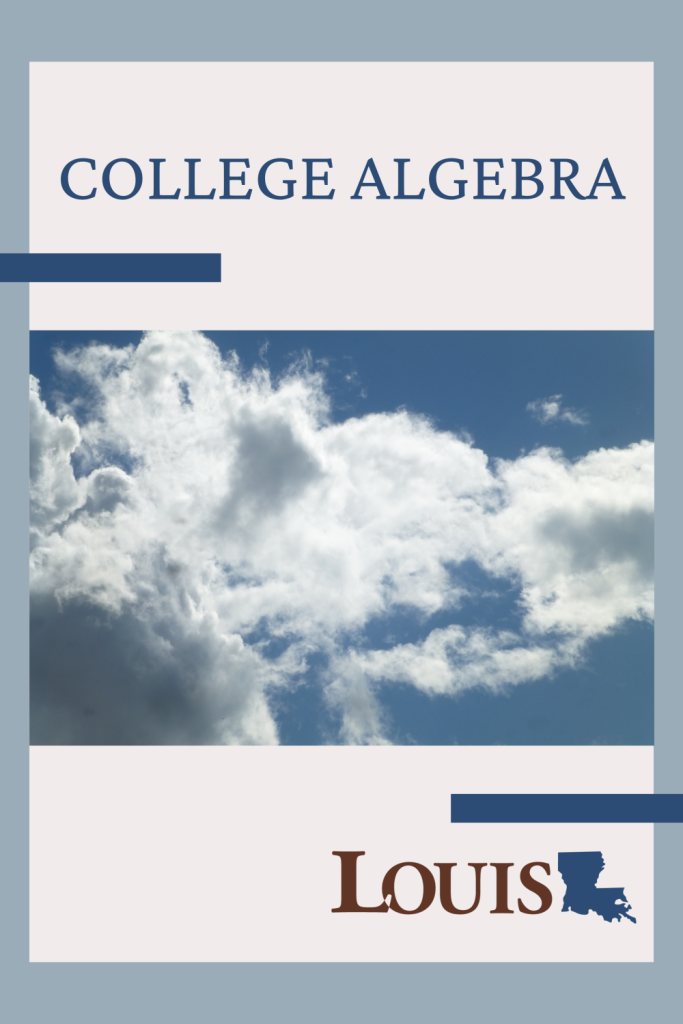 College Algebra
by
Singleton et al.
College Algebra
by
Singleton et al.
 College Algebra 2e
by
Abramson
College Algebra 2e
by
Abramson
 College Algebra 2e with Corequisite Support
by
Abramson & North
College Algebra 2e with Corequisite Support
by
Abramson & North
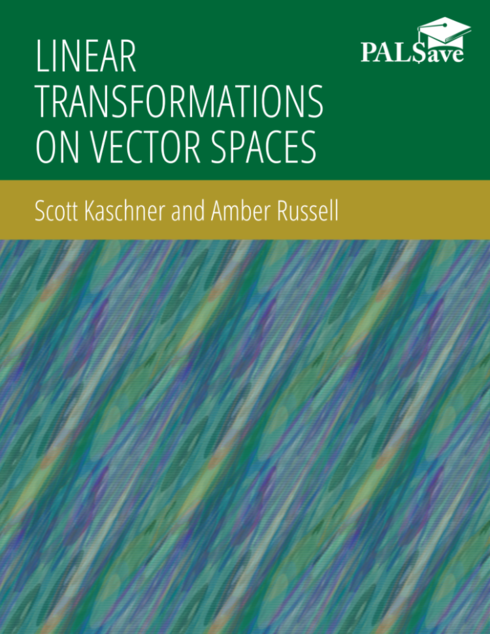 Linear Transformations on Vector Spaces: An Introduction to Linear Algebra
by
Kaschner & Russell
Linear Transformations on Vector Spaces: An Introduction to Linear Algebra
by
Kaschner & Russell
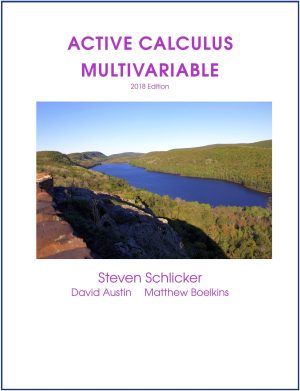 Active Calculus Multivariable
by
Schlicker, Keller, & Long
Active Calculus Multivariable
by
Schlicker, Keller, & Long
 Active Prelude to Calculus
by
Boelkins
Active Prelude to Calculus
by
Boelkins
 Calculus I Companion
by
Campbell Hetrick & Spayd
Calculus I Companion
by
Campbell Hetrick & Spayd
 Differential Calculus: From Practice to Theory
by
Boman & Rogers
Differential Calculus: From Practice to Theory
by
Boman & Rogers
 Functions, Trigonometry, and Systems of Equations (Second Edition)
by
Coffelt
Functions, Trigonometry, and Systems of Equations (Second Edition)
by
Coffelt
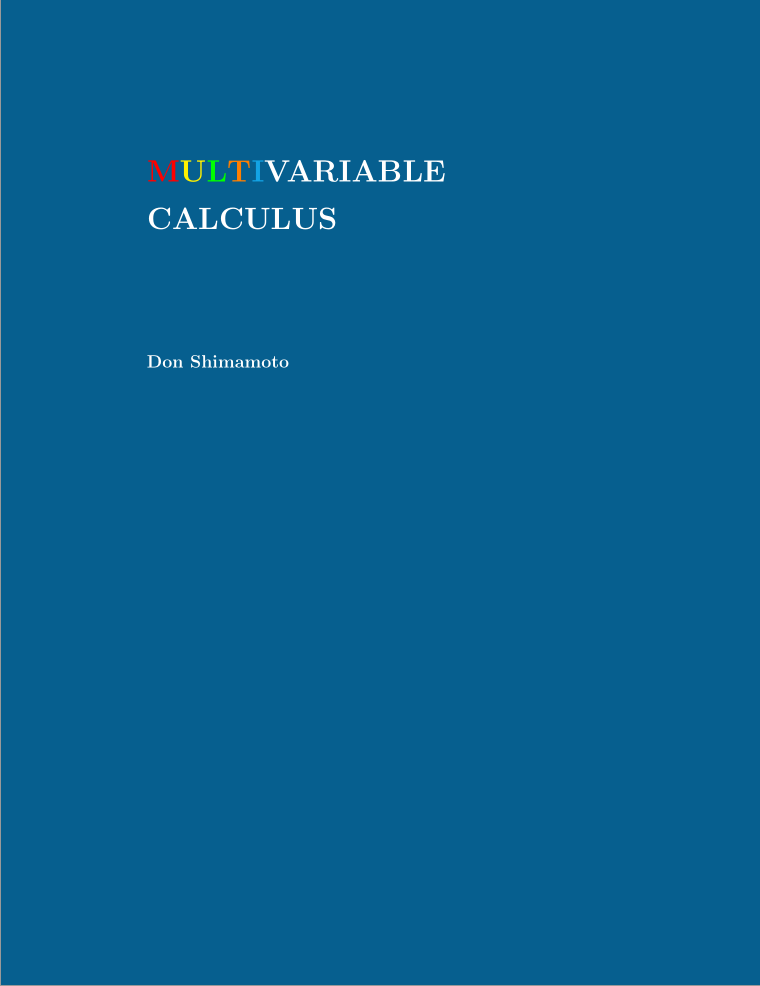 Multivariable Calculus
by
Don Shimamoto, Swarthmore College
Multivariable Calculus
by
Don Shimamoto, Swarthmore College
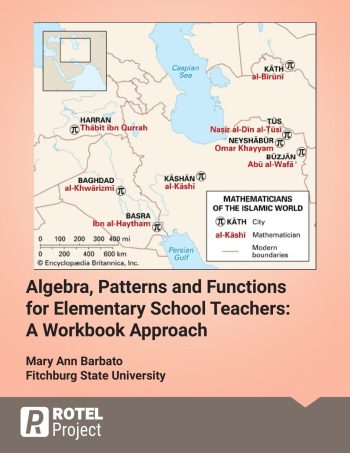 Algebra, Patterns, and Functions for Elementary School Teachers: A Workbook Approach
by
Barbato
Algebra, Patterns, and Functions for Elementary School Teachers: A Workbook Approach
by
Barbato
 Teaching Math for Emergent Bilinguals: Building on Culture, Language, and Identity
by
Ji-Yeong I & Martinez
Teaching Math for Emergent Bilinguals: Building on Culture, Language, and Identity
by
Ji-Yeong I & Martinez
 Geometry with an Introduction to Cosmic Topology
by
Michael P. Hitchman, Linfield College
Geometry with an Introduction to Cosmic Topology
by
Michael P. Hitchman, Linfield College
 Collaborative Statistics
by
Barbara Illowsky; Susan Dean
Collaborative Statistics
by
Barbara Illowsky; Susan Dean
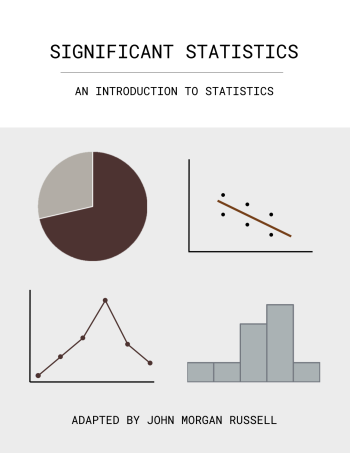 Significant Statistics: An Introduction to Statistics
by
Russell et al.
Significant Statistics: An Introduction to Statistics
by
Russell et al.
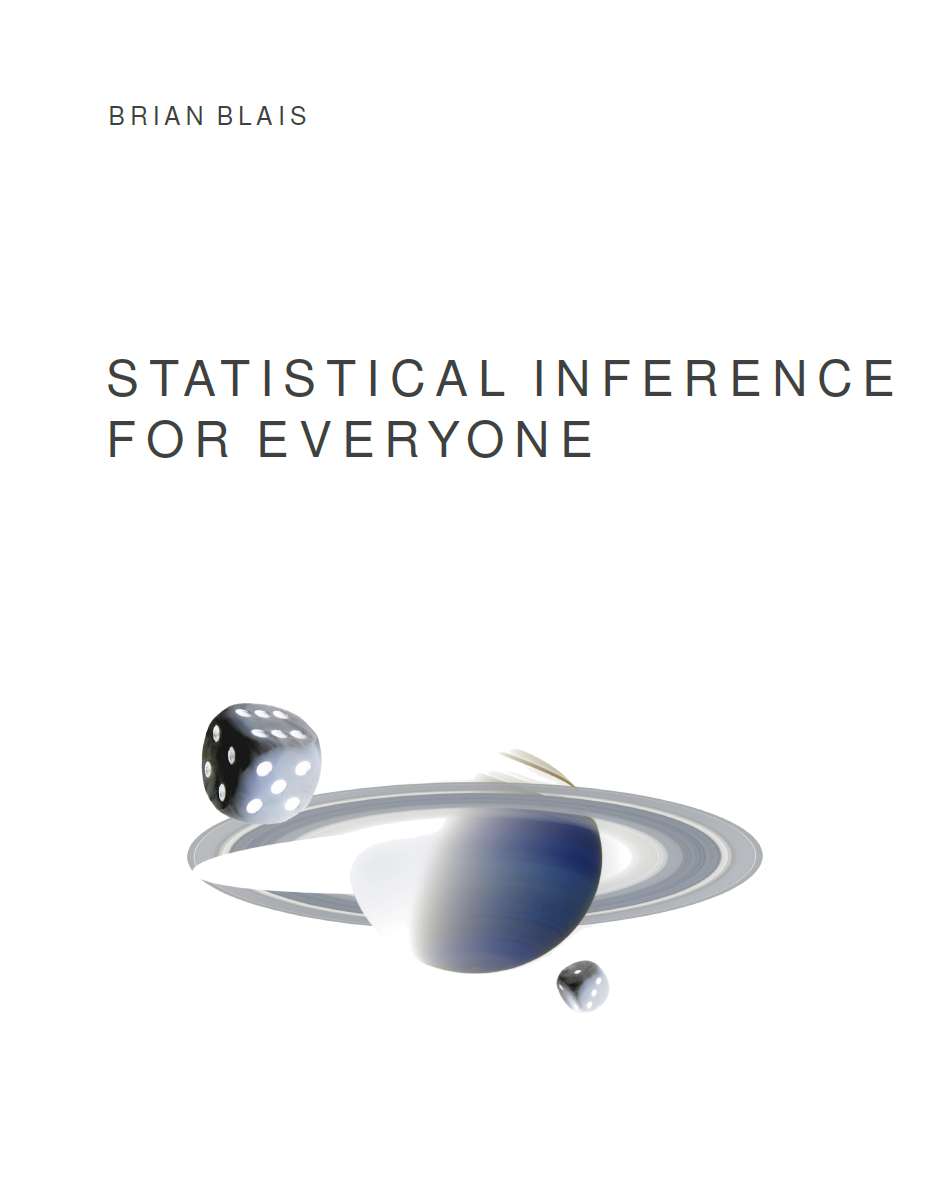 Statistical Inference For Everyone
by
Brian Blais, Bryant University
Statistical Inference For Everyone
by
Brian Blais, Bryant University
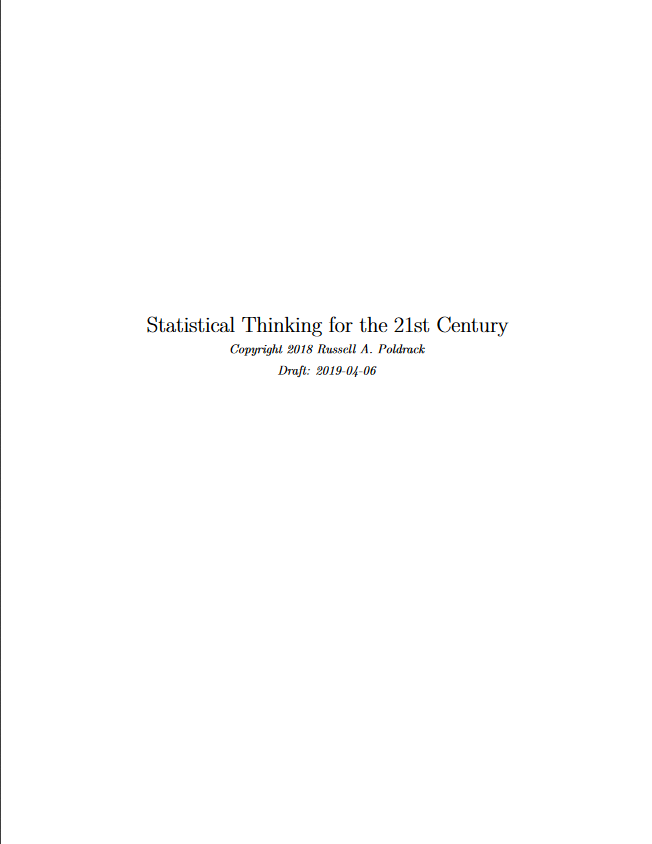 Statistical Thinking for the 21st Century
by
Russell A. Poldrack, Stanford University
Statistical Thinking for the 21st Century
by
Russell A. Poldrack, Stanford University
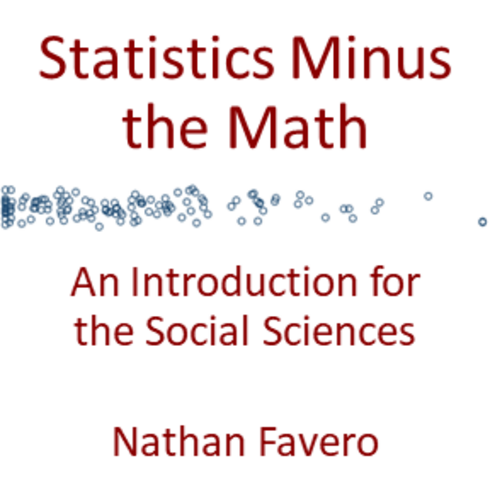.png) Statistics Minus the Math: An Introduction for the Social Sciences
by
Favero
Statistics Minus the Math: An Introduction for the Social Sciences
by
Favero
 Algebra and Trigonometry 2e
by
Abramson
Algebra and Trigonometry 2e
by
Abramson
 Functions, Trigonometry, and Systems of Equations (Second Edition)
by
Coffelt
Functions, Trigonometry, and Systems of Equations (Second Edition)
by
Coffelt
 Trigonometry
by
Ted Sundstrom & Steven Schlicker, Grand Valley State University
Trigonometry
by
Ted Sundstrom & Steven Schlicker, Grand Valley State University
 The Essence of Mathematics through Elementary Problems
by
Borovik
The Essence of Mathematics through Elementary Problems
by
Borovik
 Introduction to Game Theory: A Discovery Approach
by
Jennifer Firkins Nordstrom
Introduction to Game Theory: A Discovery Approach
by
Jennifer Firkins Nordstrom
 Making up Numbers: A History of Invention in Mathematics
by
Kopp
Making up Numbers: A History of Invention in Mathematics
by
Kopp
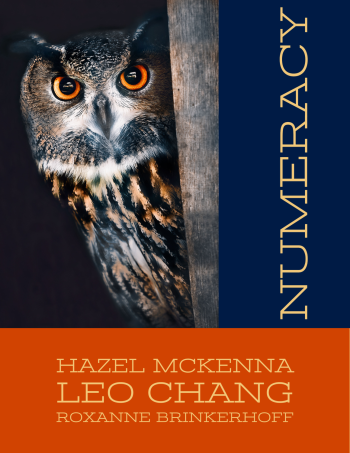 Numeracy: A Quantitative Reasoning Approach
by
McKenna et al.
Numeracy: A Quantitative Reasoning Approach
by
McKenna et al.
 Numerical Methods for Ordinary Differential Equations
by
Kees Vuik, Fred Vermolen, and Martin van Gijzen
Numerical Methods for Ordinary Differential Equations
by
Kees Vuik, Fred Vermolen, and Martin van Gijzen